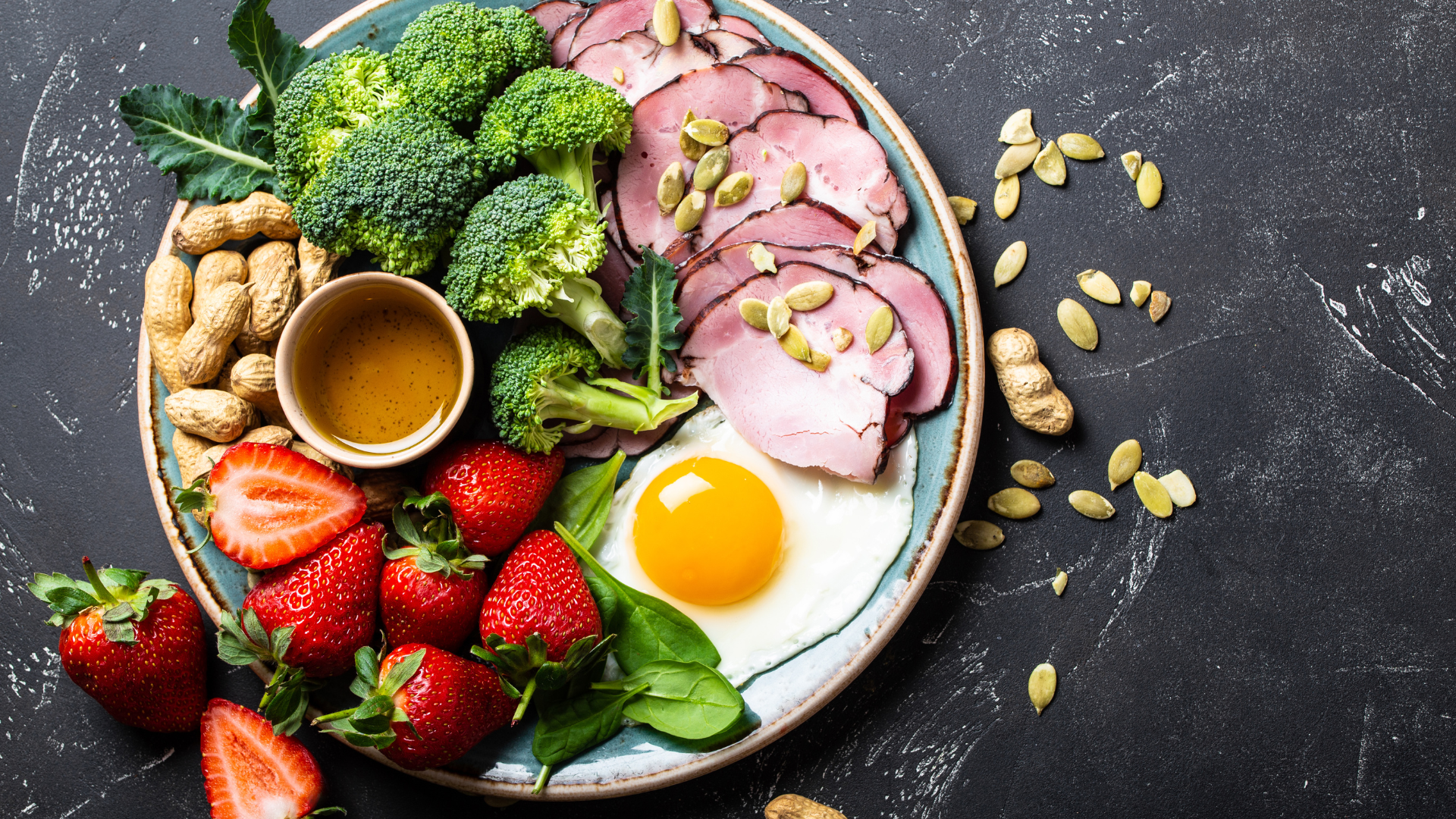Looking to lose weight and get healthy? Low-carb diets have been proven to be a great way to do just that. But before you jump into the low-carb lifestyle, it’s essential to understand what it is and how to best approach it. In this blog post, we’ll break down the basics of low-carb diets and explain how you can get started on your healthy journey toward a better future.
What is a Low Carb Diet?
It is a diet that restricts carbohydrates, typically found in sugary foods, pasta, and bread. Instead, you focus on eating protein, healthy fats, and vegetables. This makes it one of the most beneficial and effective diets out there.
When you cut out carbs, your body has to find another energy source. It turns to stored fat for fuel instead. This process is called ketosis, which makes low-carb diets effective for weight loss.
Not only will you lose weight on a low-carb diet, but you will also see other health benefits. These include improved blood sugar control, reduced inflammation, and increased energy levels.
Benefits of a Low-Carb Diet
When it comes to losing weight, reducing inflammation, and stabilizing blood sugar, a low-carb diet is hard to beat. Here are some benefits you can expect from cutting back on carbs:
Weight Loss
One of the most well-known benefits of a low-carb diet is weight loss. By reducing carbs, you can lower your calorie intake and shed unwanted pounds.
Reduced Inflammation
Inflammation is linked to various chronic diseases, including heart disease and arthritis. A low-carb diet can help reduce inflammation throughout the body.
Stabilized Blood Sugar
Eating too many carbs can cause blood sugar spikes and dips. A low-carb diet helps to stabilize blood sugar levels, which is beneficial for both diabetics and those at risk for developing diabetes.
Different Types of Low-Carb Diets
There are many different low-carb diets, each with its benefits and drawbacks. Here are some of the most popular low-carb diet plans:
- The Atkins Diet: One of the most well-known low-carb diets, the Atkins Diet restricts carbohydrates to a very low level, typically less than 20 grams per day. This can be not easy to maintain long-term, but many people find it an effective way to lose weight quickly.
- The South Beach Diet: Another popular low-carb diet, the South Beach Diet, allows for slightly more carbohydrates than the Atkins Diet but still significantly less than a typical diet. The focus is on eating healthy carbs such as whole grains and vegetables while avoiding processed and sugary foods.
- The Paleo Diet: The Paleo Diet mimics the eating habits of our hunter-gatherer ancestors, who mainly ate meat, fish, vegetables, and fruit. This diet is relatively high in protein and fat and lower in carbs, making it a good option for those who want to lose weight without feeling hungry all the time.
- The Keto Diet: This is a low-carb, high-fat diet that has become popular in recent years. This diet requires careful planning to ensure you get enough nutrients, but many people find it an effective way to lose weight and improve their health.
Foods to Eat on a Low-Carb Diet
Let’s start with the basics: a low-carb diet limits your intake of carbohydrates, typically found in bread, pasta, rice, and potatoes. Instead, you focus on eating more protein, healthy fats, and vegetables.
There are many different ways to do a low-carb diet, but all of them have one thing in common: they help you reduce your overall intake of carbohydrates.
So what are the best foods to eat on a low-carb diet? Here are some of our favorites:
- Meat: Beef, pork, lamb, chicken, etc., are all great protein sources and healthy fats. Just be sure to choose leaner cuts of meat to limit your saturated fat intake.
- Fish: Another great source of protein and healthy fats. Salmon, tuna, trout, and other fish are packed with nutrients and make a great addition to any low-carb diet.
- Eggs: A true superfood! Eggs are an excellent source of protein and contain many essential vitamins and minerals. Plus, they’re incredibly versatile and can be used in so many different recipes.
- Vegetables: From leafy greens to cruciferous veggies like broccoli and cauliflower, there are endless options when it comes to vegetables. They are low in calories and carbohydrates but high in fiber and essential vitamins and minerals.
- Fruits: While fruits contain natural sugars, they are also packed with essential vitamins, minerals, and antioxidants. Just limit your intake of higher-sugar fruits like bananas or grapes.
- Healthy fats: Nuts, seeds, avocados, and olive oil – are all great sources of healthy fats that can help you feel full and satisfied on a low-carb diet.
By choosing the right foods for your low-carb diet, you can set yourself up for success! Eating various nutrient-dense foods will help ensure you get all the vitamins, minerals, and other nutrients your body needs while keeping your carbohydrate intake low.
So, low-carb diets can be a great way to lose weight and improve your overall health. By understanding their principles, you’ll be able to make informed decisions on what works best for you and your lifestyle. With an array of delicious foods available in both lower and higher-carb varieties, there’s no reason why you can’t find healthy options that fit into your diet plan. So get started today by educating yourself on the fundamentals of low-carb eating. It could just change your life!

